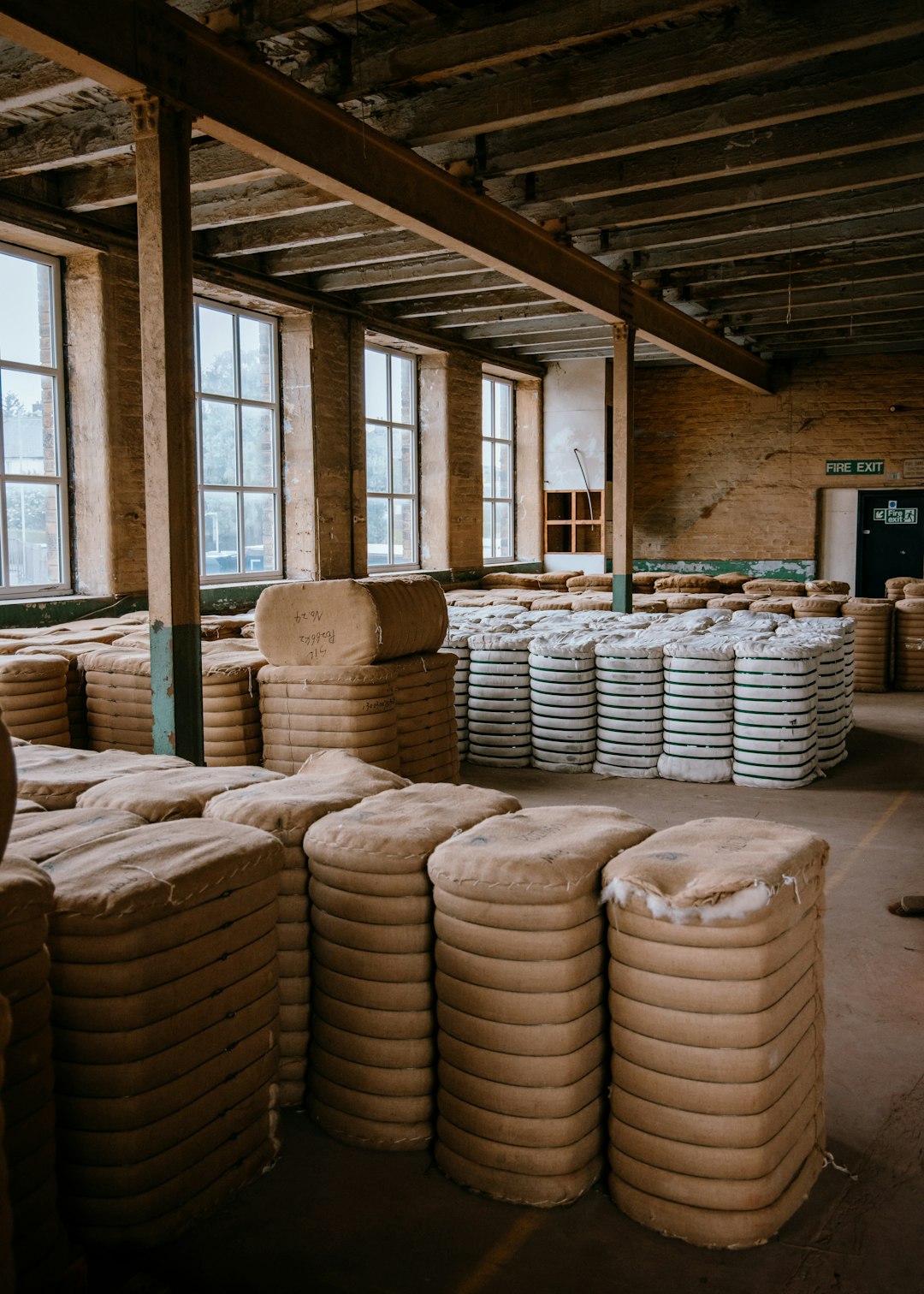Automation has been transforming the manufacturing industry for decades, and its impact is only becoming more pronounced as technology advances. From robotic arms assembling products to computer algorithms optimizing production processes, automation has revolutionized the way goods are manufactured. But what exactly is the impact of automation on manufacturing? And what does it mean for the future of this crucial industry?
One of the most significant impacts of automation on manufacturing is efficiency. By replacing manual labor with machines and robots, companies can speed up production processes, reduce errors, and increase output. This not only allows for faster and more reliable manufacturing but also results in cost savings for companies. With automation, manufacturers can produce more goods in less time and with fewer resources, ultimately leading to higher profits and a more competitive edge in the market.
Another important impact of automation on manufacturing is quality control. Automation technologies like sensors and cameras can detect defects and deviations in real-time, allowing manufacturers to identify and address quality issues before they escalate. This leads to higher-quality products and reduces the risk of recalls and returns, saving companies both time and money in the long run. Automation also ensures consistency in production, as machines are programmed to perform tasks the same way every time, eliminating human error and variability.
Moreover, automation has a significant impact on the workforce in the manufacturing industry. While automation may replace some manual jobs, it also creates new opportunities for skilled workers who can operate and maintain the machines and technologies. This shift towards more specialized and technical roles requires employees to undergo training and upskilling, but it also provides them with greater job security and career advancement possibilities. Overall, automation has the potential to improve working conditions by reducing repetitive and dangerous tasks, allowing employees to focus on more complex and fulfilling responsibilities.
Furthermore, automation in manufacturing has environmental benefits as well. By optimizing production processes and reducing waste, automation helps companies minimize their carbon footprint and operate more sustainably. For example, automated systems can monitor energy usage and adjust settings to lower consumption, or optimize material usage to minimize waste. This not only benefits the environment but also helps companies comply with regulations and meet customer demands for eco-friendly products.
One of the challenges of automation in manufacturing is the initial cost of implementing these technologies. Setting up automated systems and machinery requires a significant investment, which can be a barrier for small and medium-sized enterprises. However, the long-term benefits of automation, such as increased productivity, reduced labor costs, and improved quality control, often outweigh the upfront expenses. Companies need to carefully assess their needs and goals to determine the best automation solutions for their business and budget.
In conclusion, the impact of automation on manufacturing is undeniable. From increased efficiency and quality control to a more skilled workforce and environmental benefits, automation is reshaping the way products are made. While there are challenges and costs associated with implementing automation technologies, the long-term advantages for companies are clear. As technology continues to evolve, the manufacturing industry must embrace automation to stay competitive and meet the demands of a fast-paced and ever-changing market. Automation is not just a trend in manufacturing – it is the future.

